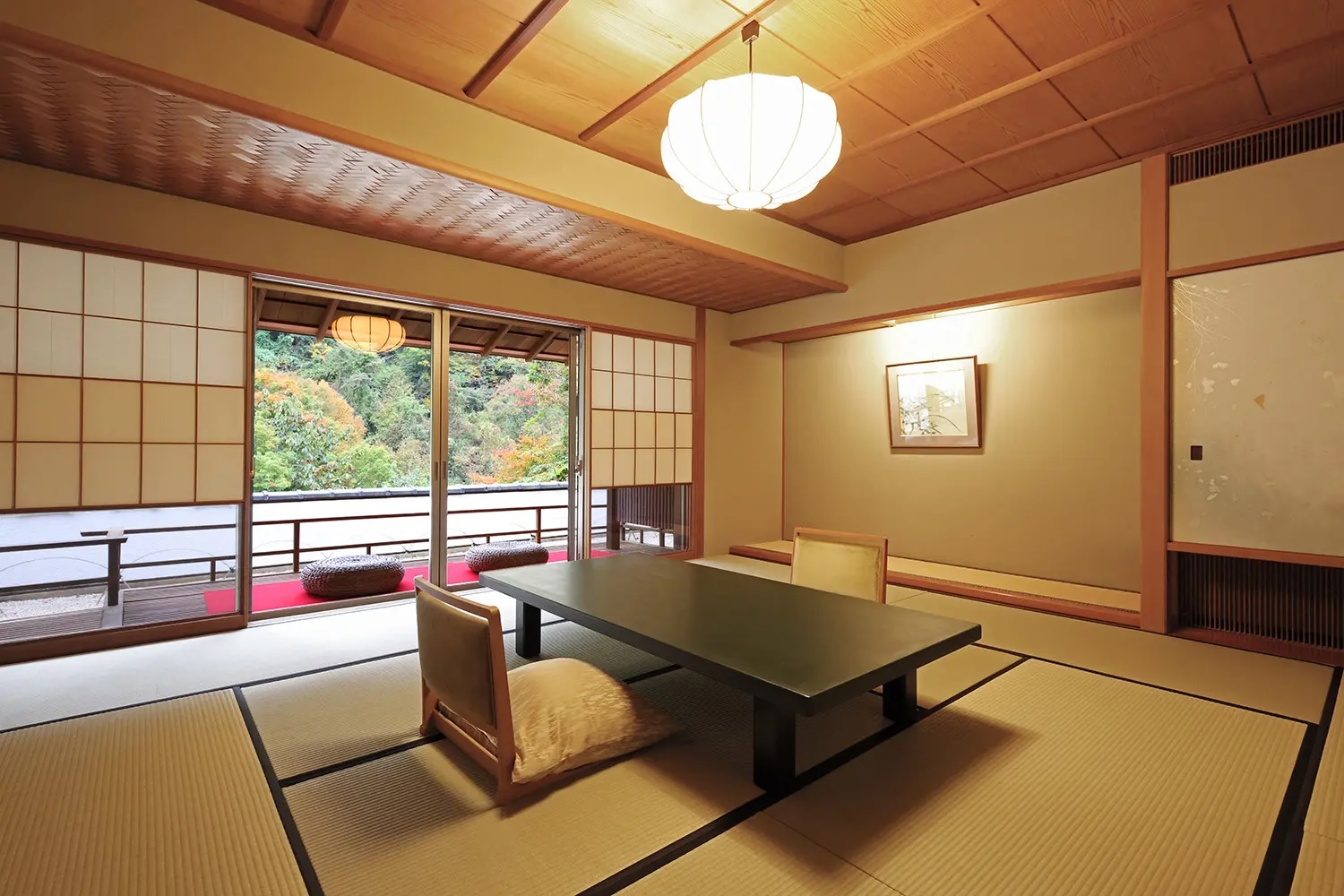Empty Spaces
I was watching Shõgun a few days ago, and one piece of the conversation caught my attention. In the scene, three women are serving sake and tea and one woman ask the other after removing the sake bottle:
... look where the flask just was.
What do you see?I see nothing.
You see where the flask is no longer.
Presence is felt most keenly in absence.
Then the third woman explains that the woman talking was teaching the younger one about empty space and its symbols.
That small dialog caused me to pause and go into a deep state of thinking, considering what I've just heard.
Empty space is beautiful.
Open spaces, almost empty. Empty areas where you can wander free.
I still find open spaces to be fundamental when I need to feel centered after a lot of stress. When open spaces are not possible, having a space to think is a good alternative. These spaces give you the temporary way out.
Many years ago, I stayed in a Ryokan, a traditional Japanese inn. The room was bare, with the traditional alcove as the focal point, adorned by a base with some flowers, and a simple haiku hanging on the wall. The floor was covered in tatami, the beautifully arranged mats, and a large window in one of the walls. The room was my bedroom, and breakfast and dining room. The host would bring a slim mat, pillows and a blanket for the night, along with a small night stand and light, and the next morning, when I was up, she would remove those and bring mats to sit on, and a slightly bigger table for the breakfast.
The room was empty. Then something would give it purpose, but for a moment. Then a different thing would give it a different purpose.
It was very peaceful, and liberating.
I’ve been chasing that feeling ever since, always trying to have at least one room in the house completely empty, or maybe just with one item - a chair or a bench.
It has given me the way out every single time I go in.
Empty spaces. Quiet.

